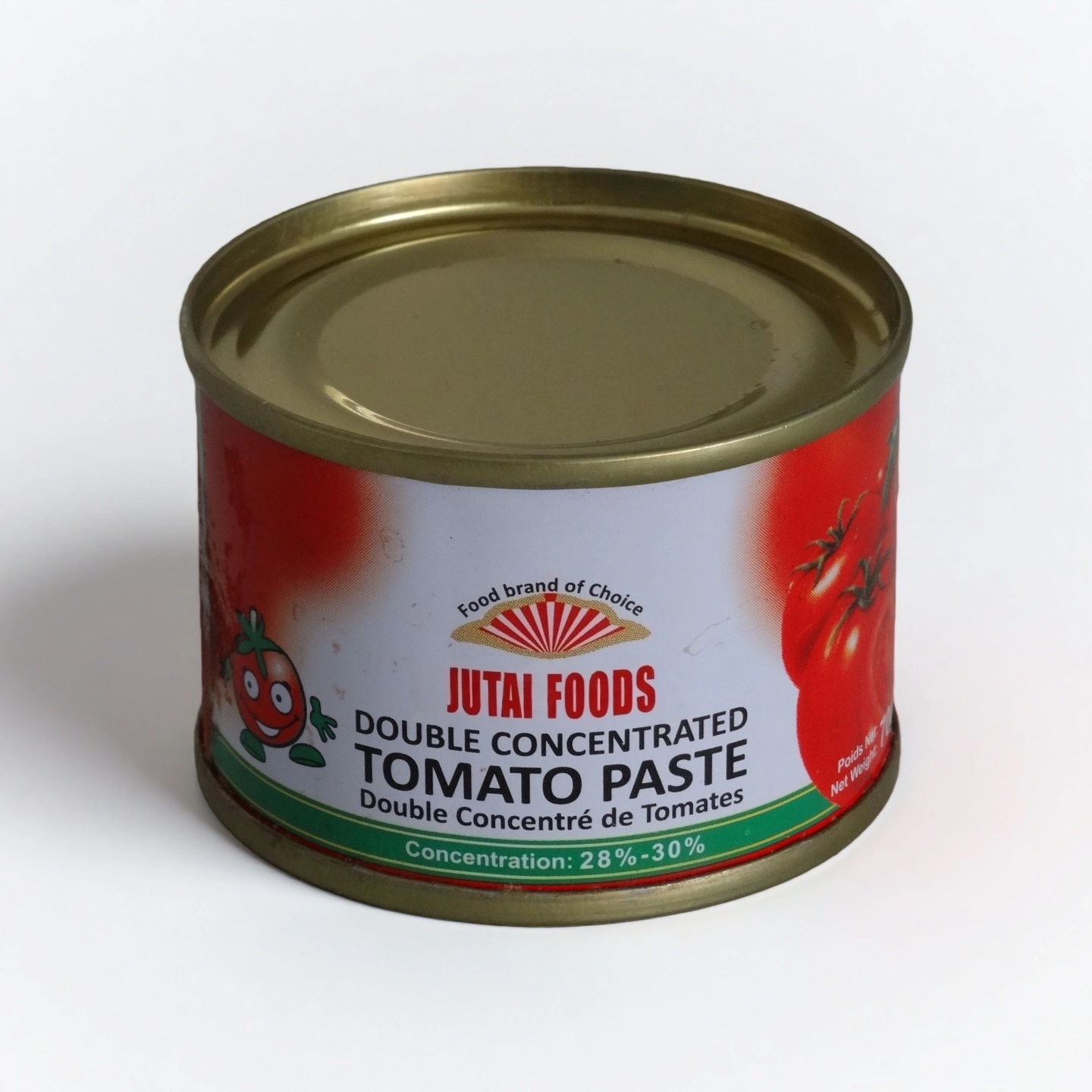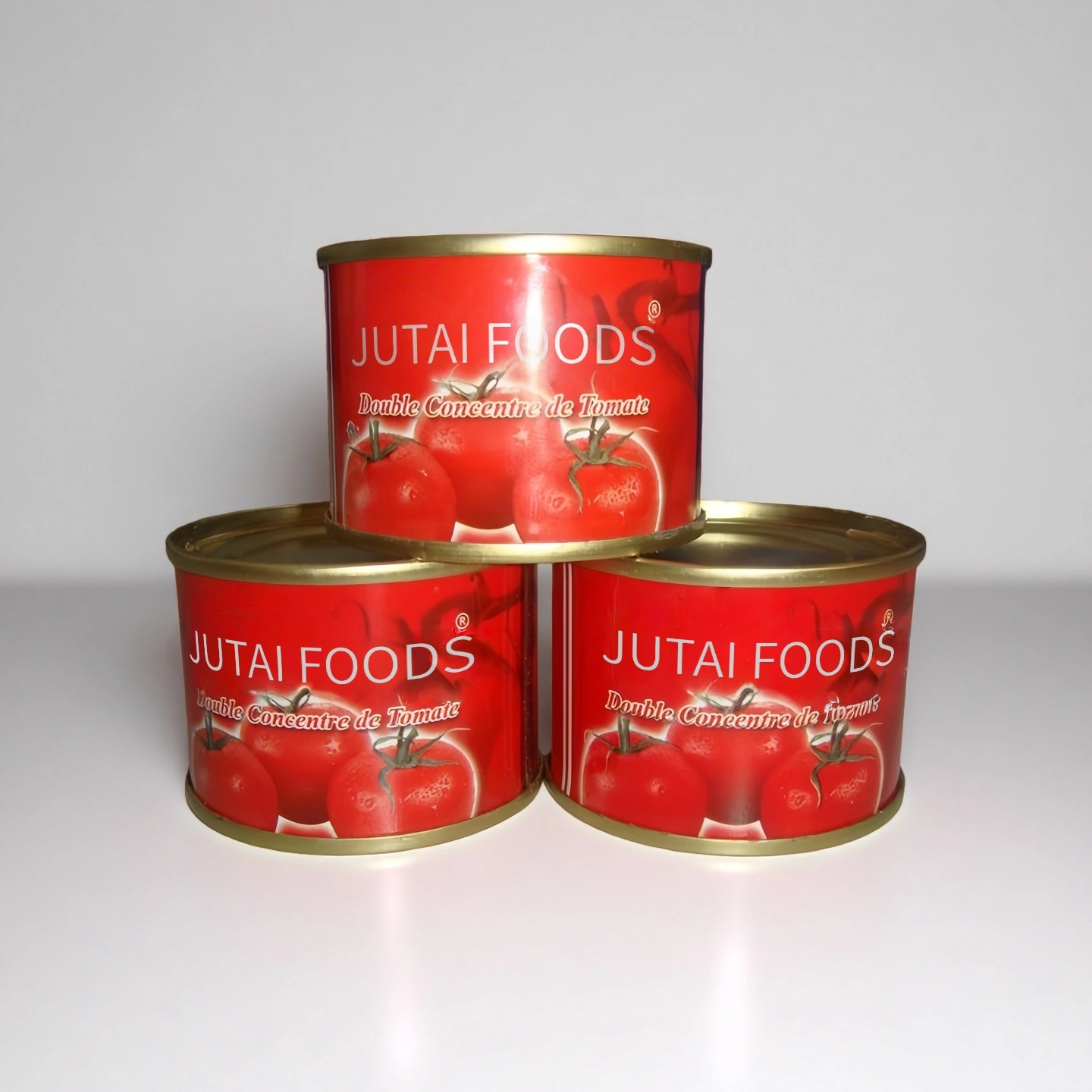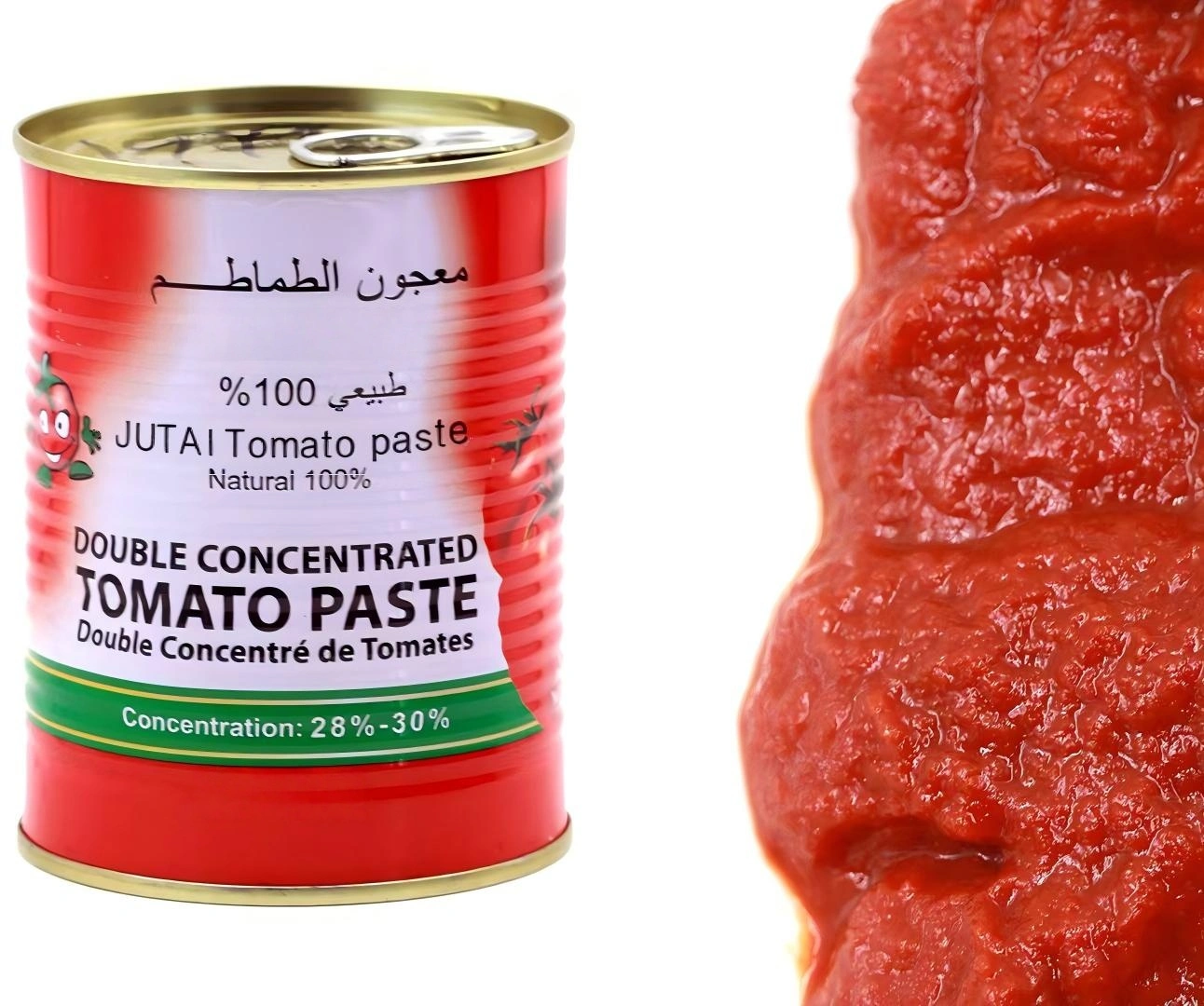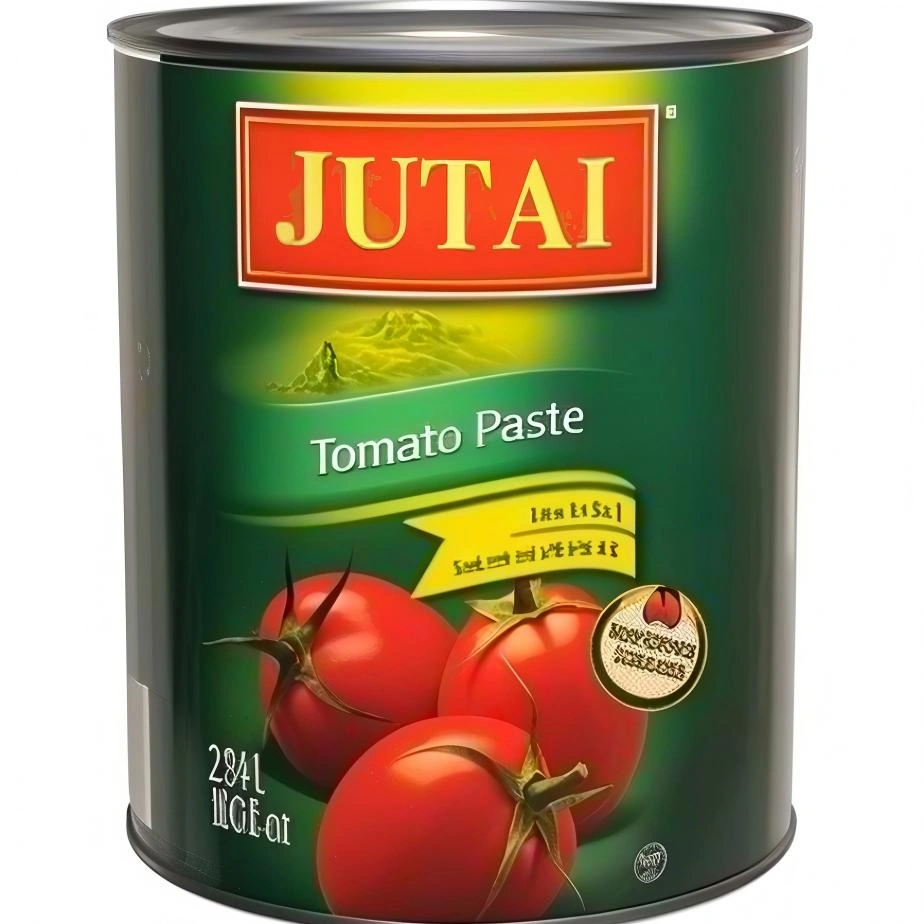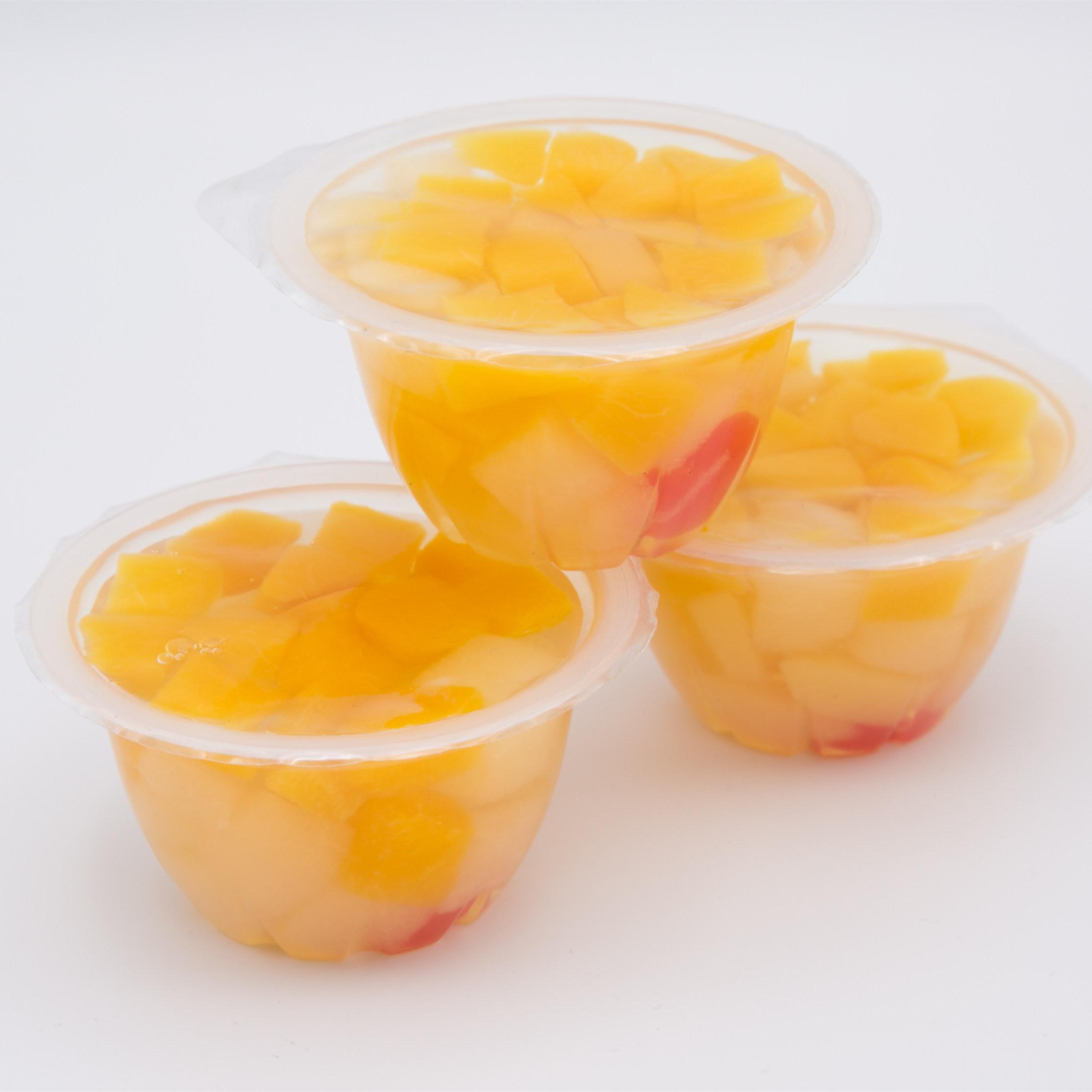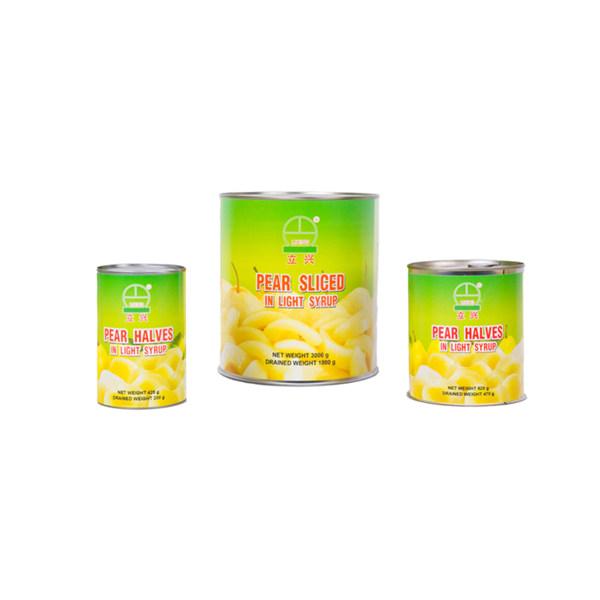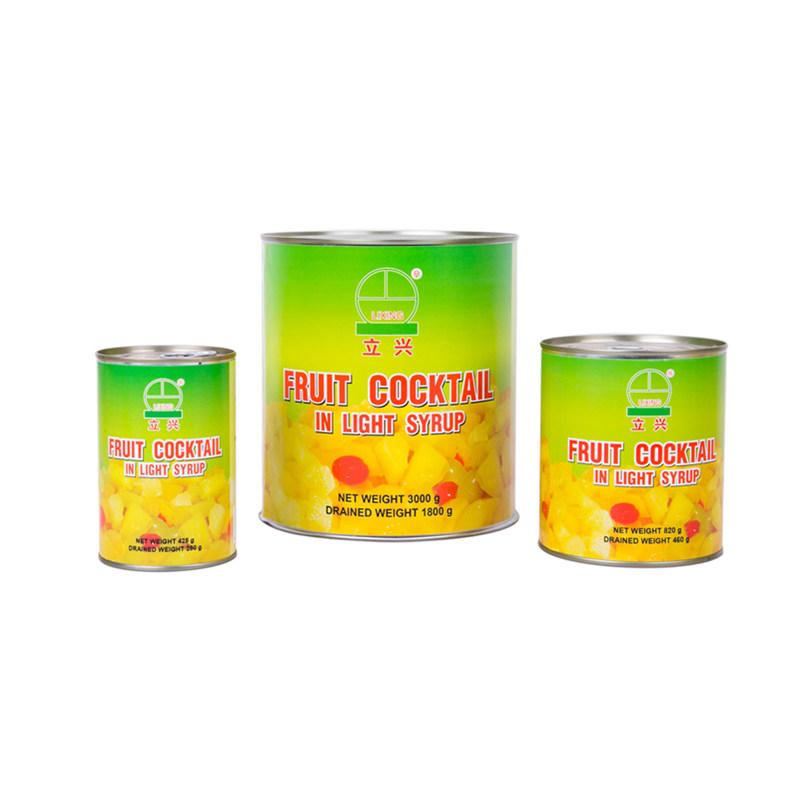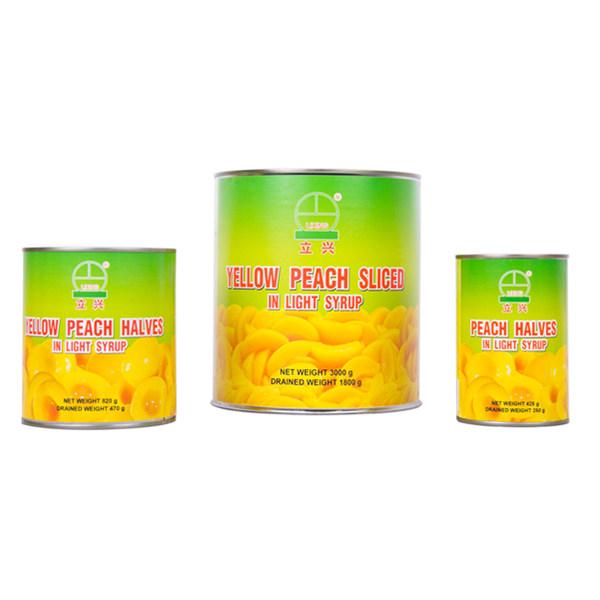Those fruits that we misunderstand canned
Jutai Foods
Nov/28/2016
In today is healthy diet, canned food is not favored by the people, supermarket shelves rarely cares, family meals rarely see their shadow, and even canned by some people as unhealthy food representatives . However, it is clearly misunderstood canned food, in fact, they are not only delicious, nutrition, and health and safety.
In today's healthy diet, canned food is not favored by the people, supermarket shelves rarely cares, family meals rarely see their shadow, and even canned by some people as unhealthy food representatives . However, it is clearly misunderstood canned food, in fact, they are not only delicious, nutrition, and health and safety. Look at -
Misunderstood: can not degenerate because of preservatives Fact: canned does not require nor allow preservatives
The most fundamental feature of canned food is the use of sealed and high-temperature sterilization technology to eliminate the pathogens and spoilage bacteria, the food industry for food storage and long-term supply of a thorough revolution. From the birth of canned food, it means safe food. Canned products are a class of food that does not require or allow the addition of any preservatives because of the elimination of food spoilage. No matter how canned processing technology to improve, safety is the primary characteristics of canned food and basic elements. According to the US Food and Drug Administration (FDA), more than 4,000 foodborne disease reports from the United States between 2007 and 2012 are not linked to canned food.
Canned food is generally processed by the following process: the food processing into the tank after the exhaust step, the food heat up to 80 ℃ or more; then, welding canned sealed so that the tank was vacuum; then, cans were placed in the furnace heating To 135 ℃ for up to one and a half hours to ensure that the bacteria in the tank under the high temperature was completely killed; heat sterilized cans wait for cooling before being placed in the warehouse collection; warehouse kept 25 ℃ room temperature of 7 to 14 days (the temperature most likely to bacteria growth), during which cans will be thrown away, in order to avoid the inflow of the market.
Misunderstanding 2: canned food is junk food, no nutritional facts: the extent of loss of canned food products will not exceed the normal cooking
Researchers at the University of California in the United States have compared fresh fruits and vegetables with fresh and frozen fruits and vegetables and found that fresh fruits and vegetables are mostly available only to the human body when they are harvested. However, due to the storage process The loss of nutrients in the cooking and storage process is higher than expected. While commercial canning and frozen storage can maintain the main nutrients.
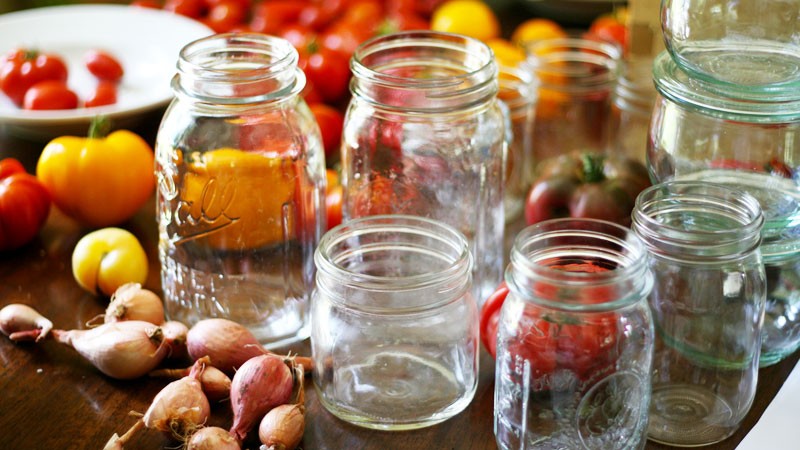
During the initial heat treatment phase of the canning process, the loss of water-soluble and oxygen-labile nutrients such as vitamin C and vitamin B may be lost, but due to the lack of oxygen during late can storage, these substances are relatively stable. At the same time study also found that canned products, vitamin K, E, A and D retention is relatively stable. Changes in phenolic species, which are also water-soluble and oxygen-unstable, are also studied. They are found to be more complex and cause losses in storage and cooking. However, the heating of the pretreatment of cans can help to increase Polyphenol Content and Antioxidant Activity in. Comparison of minerals and cellulose found that minerals and cellulose in processing, storage and cooking are generally stable, but in the peel and other links in the greater loss. Carotenoids in fresh maize and canned maize also showed that the contents of lutein, zeaxanthin and total carotenoids were not significantly different, suggesting that canning processing did not reduce the carotenoid content in maize. The reason for this is that factory-made canned vegetables are less time consuming and less wasteful from harvesting to processing into quality-stable products, and home-based cooking has become more time-consuming than vegetable production to processing Before the long time, so the nutrient loss after harvest more, while the family's processing loss than the factory loss greater.
Misunderstanding 3: not the raw materials will be made of canned fact: canned food is more fresh
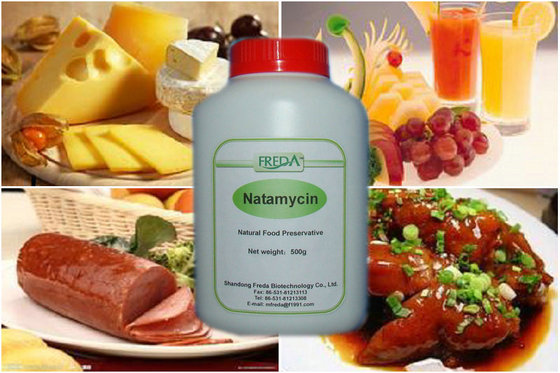
First of all, the raw materials used in canned food are fresh. Canned manufacturing, in order to pursue a lower cost and better taste, will be in the most suitable season to choose the freshest ingredients. Moreover, the regular canned manufacturers have their own raw material base, in the chemical fertilizer, pesticides and other aspects of strict control, can fully guarantee the quality of raw materials.
Second, the canned food processing is precisely for the "preservation" of the. Meat, fish, if not timely processing will be rapid corruption, vegetables, fruits, if not promptly processed after picking can also cause the loss of nutrients. Studies have shown that the plant was picking can not be due to the normal biochemical synthesis, many chemical reactions are reverse, vitamins and other nutrients will continue to consume. Therefore, transport, sale of the time is too long, let us think that fresh food becomes not fresh. The canned food from the field to the factory, from fresh raw materials to finished products, as long as less than 1 hour, sterilization process can promptly stop the chemical reaction of food, so that the nutritional content of food fully retained in the fresh state.
